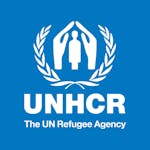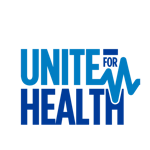In September, we passed the grim milestone of 1 million deaths from COVID-19 globally and numbers continue to rise in a crisis that feels as if there’s no end. But the World Health Organization and its partners continue to work tirelessly to manage the pandemic and forge a way out for all.
Just seven months ago, the UN Foundation joined forces with the Swiss Philanthropy Foundation and the World Health Organization (WHO) to urgently fill funding gaps in the COVID-19 response with the COVID-19 Solidarity Response Fund. Since March, over 633,000 individuals, philanthropies, and corporations from 190 countries have generously given more than US$236 million to the Fund.
This money has been rapidly deployed to:
- Speed personal protective equipment, testing kits, and other important supplies to where they are most needed.
- Conduct research on potential COVID-19 treatments, diagnostics, and vaccines.
- Enable information about the virus to be shared.
- Support vulnerable populations with infection prevention control and other services.
The Fund and the outpouring of generosity that has accompanied it constitute an act of global solidarity and a commitment to the idea that the only way out of this pandemic is by working together.
Because the Fund has been able to rapidly move flexible funding to where it is most needed, it has already had a tremendous impact. Between July 1 and Sept. 30, at the direction of WHO, the Fund disbursed more than US$41 million to WHO and US$5 million to the United Nations Relief and Works Agency for Palestine Refugees in the Near East (UNRWA), bringing total disbursements to WHO and its partners to US$219.7 million. The Fund fuels WHO and other UN agencies to tackle the pandemic, even as needs evolve and new issues arise. Learn more about the Fund’s impact in the latest quarterly report.
How exactly is the WHO managing the pandemic and forging a way out? Here’s a look at how the Fund has been helping UN agencies distribute lifesaving equipment, protect some of the world’s most at-risk areas, and develop vaccines, diagnostics, and therapeutics that will be instrumental to ending this pandemic.
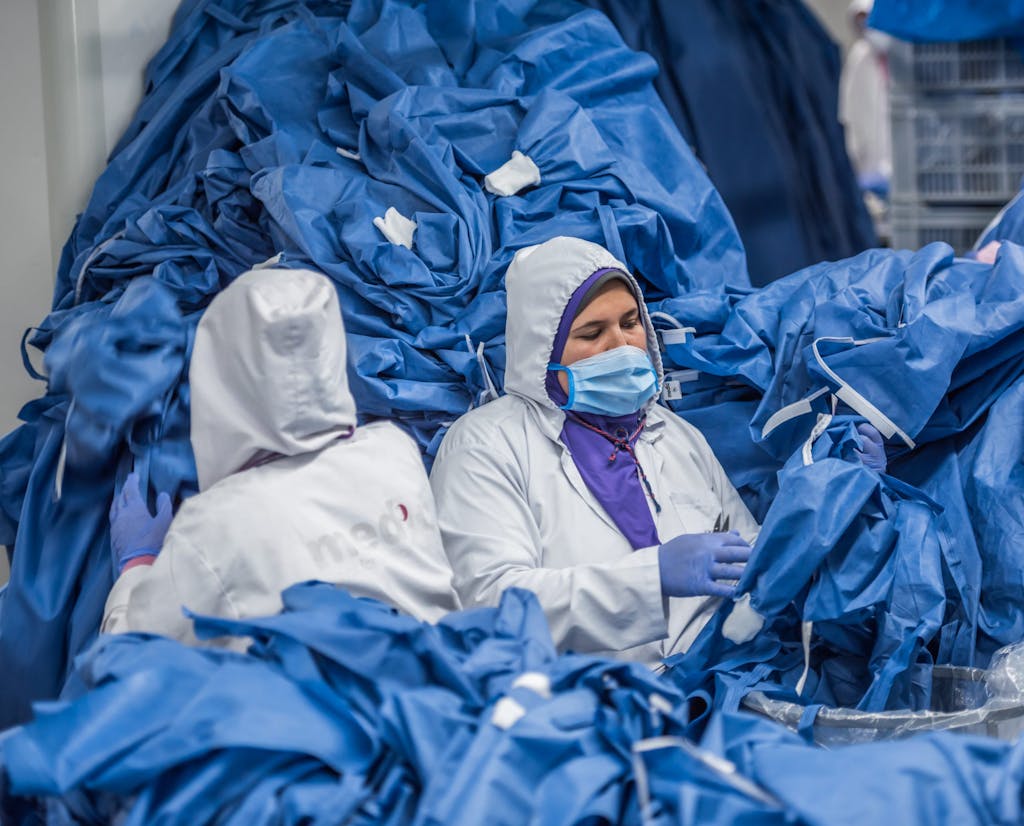
Delivering the Tools to Fight COVID-19
The pandemic shocked global supply chains, and countries could not access personal protective equipment (PPE), testing kits, oxygen respirators, and other tools to fight the virus. Enter the World Food Programme (WFP). The WFP, which was recently awarded the 2020 Nobel Peace Prize, has a global logistics distribution system that can get goods to where they’re most needed. As the pandemic accelerated, so did demand for WFP’s logistics services. The Fund provided US$20 million to scale up its global logistics distribution system.
In August alone, WFP dispatched more than 17,000 cubic meters of health and humanitarian cargo. To put that into perspective, 1 cubic meter of PPE is equivalent to 32,500 clinical masks, 1,800 face shields, 1,600 safety goggles, or 30,000 gloves.
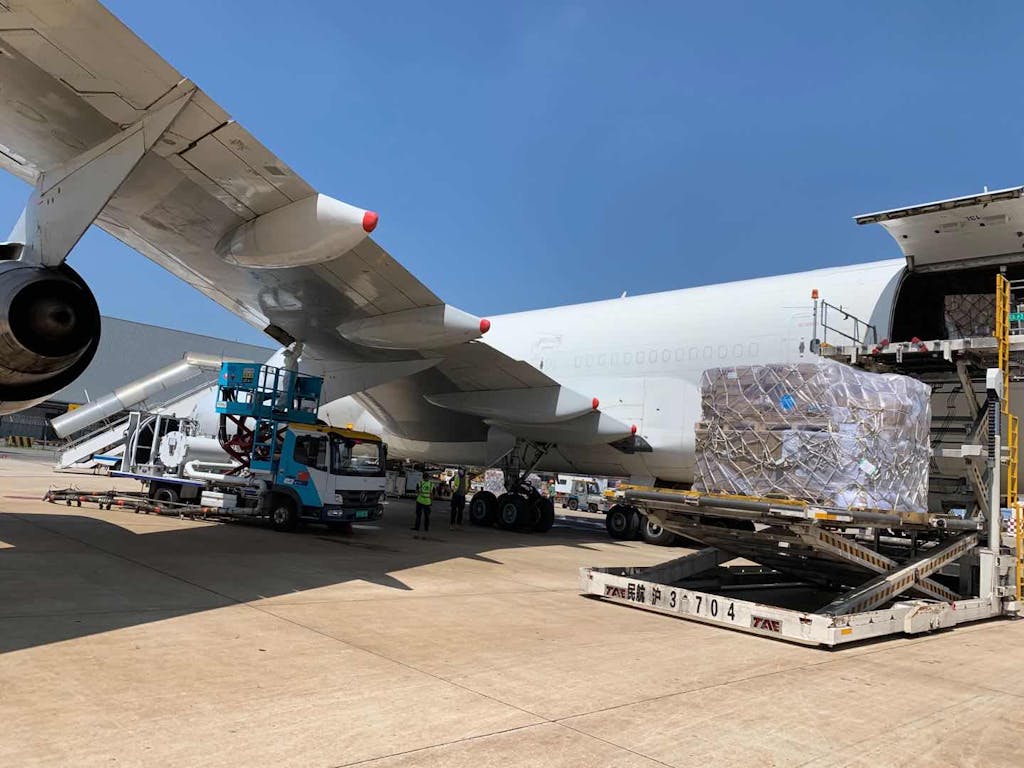
The Fund also supports WHO in procuring PPE, COVID-19 diagnostics, and medical equipment. Between July 1 and Sept. 30, WHO deliveries of PPE alone — comprising medical masks, respirators, goggles, face shields, gowns, and gloves — increased from 5.5 million pieces to more than 220 million pieces, to 173 countries.
What do these shipments and numbers mean? They mean front-line health care workers can be protected, outbreak clusters contained, and lives saved.
Managing the Infodemic
Spreading alongside the virus is misinformation. The term “infodemic,” coined by WHO, refers to an overabundance of information — some accurate, some not — that occurs during a disease outbreak. This misinformation makes it hard for people to find trustworthy sources and reliable guidance to protect themselves, their families, and their communities against infection.
Resources from the Fund are also supporting WHO’s work to manage the infodemic. WHO hosted its first infodemiology conference this summer with world experts to create a research agenda. At the community level, the WHO Information Network for Epidemics (EPI-WIN) is partnering with trusted sectors and pillars of society — faith-based organizations, youth associations, employers, health workers, cities and mayors, the private sector, governments, and others — to share and adapt information. This ensures that people can easily access evidence-based information about COVID-19, and that in turns means they are more likely to believe it.
Leaving No One Behind
This pandemic has made it clear that we are only as strong as the most vulnerable people. To make sure we all recover together, WHO is providing essential goods and services to some of the world’s most at-risk populations.
The Fund allocated US$5.05 million for WHO to support the Africa Centers for Disease Control and Prevention and strengthen the continent’s response to the pandemic. The grant is helping to develop a harmonized strategy to protect borders, travellers, economies, livelihoods, and schools from the risk of increased COVID-19 transmission as African countries reopen.
The UN Relief Agency (UNHCR), which provides protection for over 86.5 million refugees, stateless persons, and internally displaced people, is also responding to the pandemic with support from the Fund. In Uganda, for instance, 21 quarantine centers and 109 health centers are being improved and expanded in refugee-hosting areas. UNHCR is also advocating for national governments to make sure refugees, internally displaced people, and other marginalized groups are included in public health responses.
UNRWA, meanwhile, provides health services to 5.6 million Palestine refugees. As of Sept. 30, more than 9,000 Palestine refugees were confirmed to be infected with COVID-19. Fund contributions are supporting primary health care service delivery at 141 UNRWA health centers in Gaza, the West Bank, Jordan, Lebanon, and Syria. From July through September, these centers provided 1.8 million health consultations.
The impact the Fund is rapidly making in UN agencies’ global response to COVID-19 is clear. Without the generous donations and global solidarity of Fund supporters, the world would be lagging behind in the response to COVID-19.
Finding A Way Out
To end this pandemic, we need diagnostics, therapeutics, and eventually, a vaccine — and these need to be distributed equitably. The Fund is helping WHO and its partners do just that. WHO is leading efforts to learn about the virus and understand the best ways to overcome it. Research is occurring at breakneck speed, and WHO is coordinating these advancements.
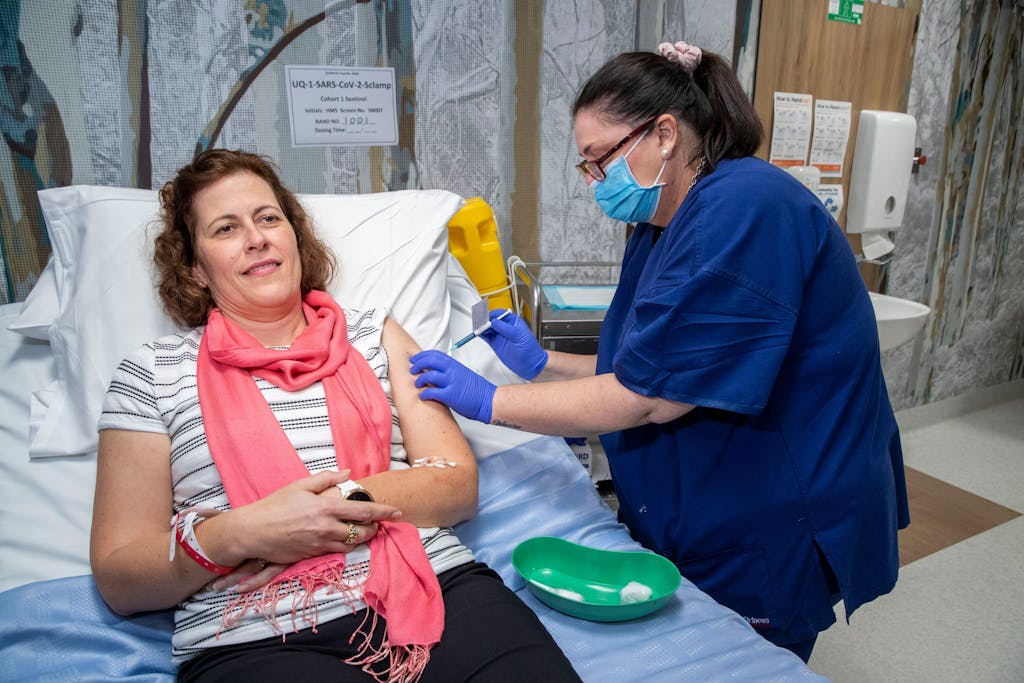
Looking ahead, WHO is preparing to launch the Vaccine Solidarity Trial. With over 100 vaccine candidates being developed globally, some with the help of an early Fund disbursement to CEPI, the Coalition for Epidemic Preparedness Innovations, the trial will help determine which vaccine candidates are both safe and effective. Findings from the trial will bring us one step closer to ending this pandemic.
Developing a vaccine, though, is not enough — people everywhere will also need access to it. Earlier this spring, WHO, CEPI, and Gavi, the Vaccine Alliance launched COVAX to develop, manufacture, and equitably deliver 2 billion doses of COVID-19 vaccine by the end of 2021, as the vaccine pillar of the Access to COVID-19 Tools (ACT) Accelerator.
As the WHO Director-General, Dr. Tedros Adhanom Ghebreyesus, said, “The ultimate measure of success will not be how fast we can develop tools — it will be how equally we can distribute them.” A global pandemic calls for unprecedented global partnership to help us all recover. COVAX helps us do just that.
Urgent Needs Remain
As we approach almost a year since this virus was discovered, the battle against the pandemic continues to rage on around the world, with many countries experiencing spiking infection rates and once again placing restrictions on transportation and working from home. The COVID-19 Solidarity Response Fund has helped global partners prevent, detect, and address the COVID-19 pandemic, but there continue to be urgent needs in the global response. Every donation makes a difference. Support WHO and partners’ lifesaving efforts to respond to the COVID-19 pandemic by giving to the COVID-19 Solidarity Response Fund.
Thanks to Diego Lingad, Global Health communications intern, for contributing to this blog.
Featured Photo: UNICEF/Panjwani



 View All Blog Posts
View All Blog Posts

